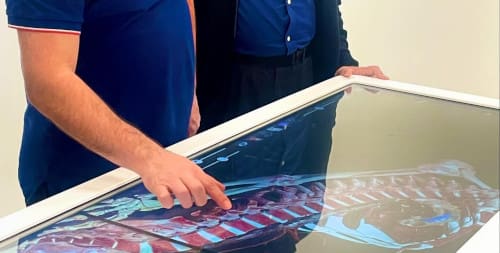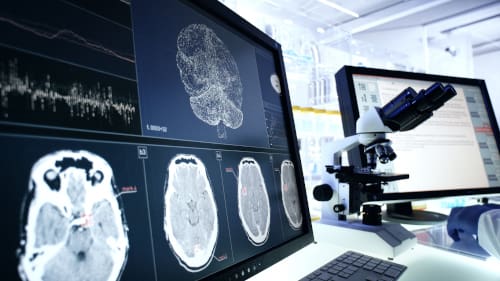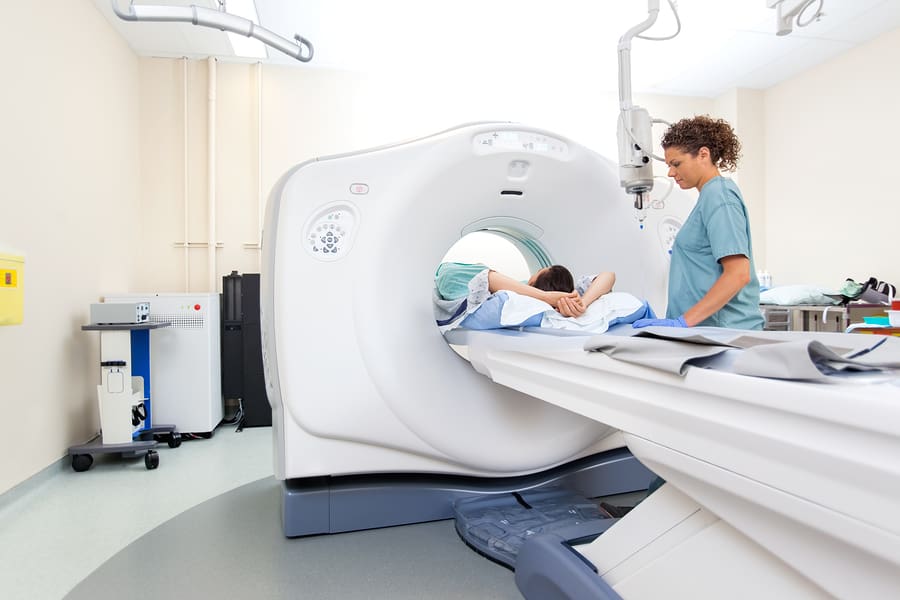Magnetic Resonance Imaging (MRI) has revolutionized the field of medical diagnostics, allowing healthcare providers to see inside the human body with incredible detail. At the center of this technology-driven specialty are MRI Technologists, highly skilled professionals who play a crucial role in the diagnostic team. Working alongside radiologists, physicians, and other medical professionals, MRI Technologists ensure high-quality imaging that aids in accurate diagnoses and treatment planning.
What is an MRI Technologist?
MRI Technologists are specialized healthcare professionals trained in operating MRI scanners to capture detailed images of organs, tissues, and bones. Their role extends beyond simply operating the machine—they are responsible for patient safety, comfort, and image accuracy, ensuring that physicians and radiologists have the best possible data for their diagnoses.
MRI Technologists and Their Collaboration with the Medical Team
1. Working with Radiologists for Accurate Imaging
MRI Technologists work directly with radiologists, the medical doctors specialized in interpreting medical images. Radiologists rely on MRI Technologists to capture images with the necessary precision and clarity, following specific imaging protocols tailored to each patient’s condition. MRI Technologists may also adjust scanning techniques based on a radiologist’s instructions to better visualize abnormalities, such as tumors, spinal injuries, or neurological disorders.

2. Assisting Physicians in Patient Diagnosis
MRI scans are often ordered by physicians who need a clearer picture of a patient’s condition. MRI Technologists work closely with these physicians by ensuring that scans are conducted according to the medical necessity of each case. They provide real-time feedback to doctors when immediate adjustments to the imaging process are needed, ensuring that the scans effectively capture the required diagnostic details.
3. Collaborating with Nurses and Healthcare Staff
MRI Technologists also interact frequently with nurses and other medical staff to coordinate patient care. Many patients undergoing MRI scans require special considerations, such as those with mobility issues, anxiety, or medical implants. Nurses assist in preparing patients, while MRI Technologists ensure a smooth scanning process, taking necessary precautions for patient safety, such as verifying contraindications like pacemakers or metallic implants.
4. Ensuring Patient Comfort and Safety
MRI scans can be intimidating, particularly for patients with claustrophobia or anxiety. MRI Technologists play a vital role in patient education and comfort, explaining the procedure in clear terms, answering questions, and providing reassurance. Additionally, they take safety measures to minimize risks associated with magnetic fields, such as screening for metal objects and monitoring patients throughout the procedure.
5. Maintaining Imaging Excellence and Technology Proficiency
MRI Technologists must stay updated with technological advancements and new imaging techniques to enhance diagnostic accuracy. They frequently undergo training and certification renewals to ensure they are proficient in using the latest MRI software and imaging protocols. Their expertise helps reduce the need for repeat scans and ensures that radiologists and physicians receive high-quality images for diagnosis.
The Impact of MRI Technologists on Patient Outcomes
MRI Technologists play an essential role in improving patient outcomes by providing accurate, high-resolution images that aid in early diagnosis and effective treatment planning. Their ability to capture detailed scans of soft tissues, the brain, joints, and internal organs allows physicians to detect conditions such as:
- Brain tumors and neurological disorders
- Spinal injuries and herniated discs
- Joint and musculoskeletal issues
- Cardiovascular abnormalities
- Internal organ diseases and cancers

By ensuring precision and collaboration with the diagnostic team, MRI Technologists contribute to faster, more effective treatments and better patient prognoses.
Part of The Team
MRI Technologists are integral members of the diagnostic team, bridging the gap between advanced imaging technology and patient care. Their collaboration with radiologists, physicians, and other healthcare professionals ensures that patients receive accurate diagnoses and timely treatment. For those considering a career in MRI technology, the role offers a dynamic and rewarding path in the medical field, combining technical expertise with patient-centered care.

